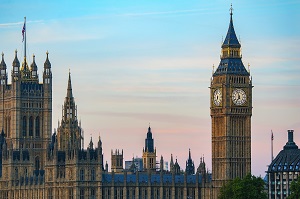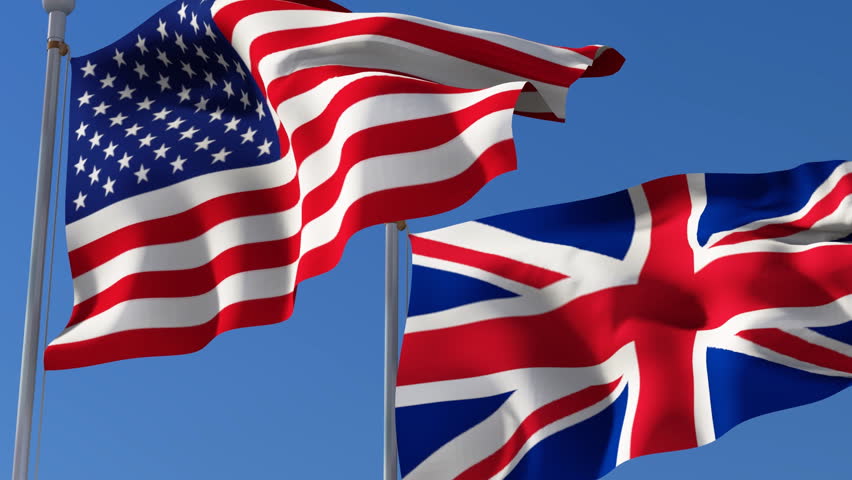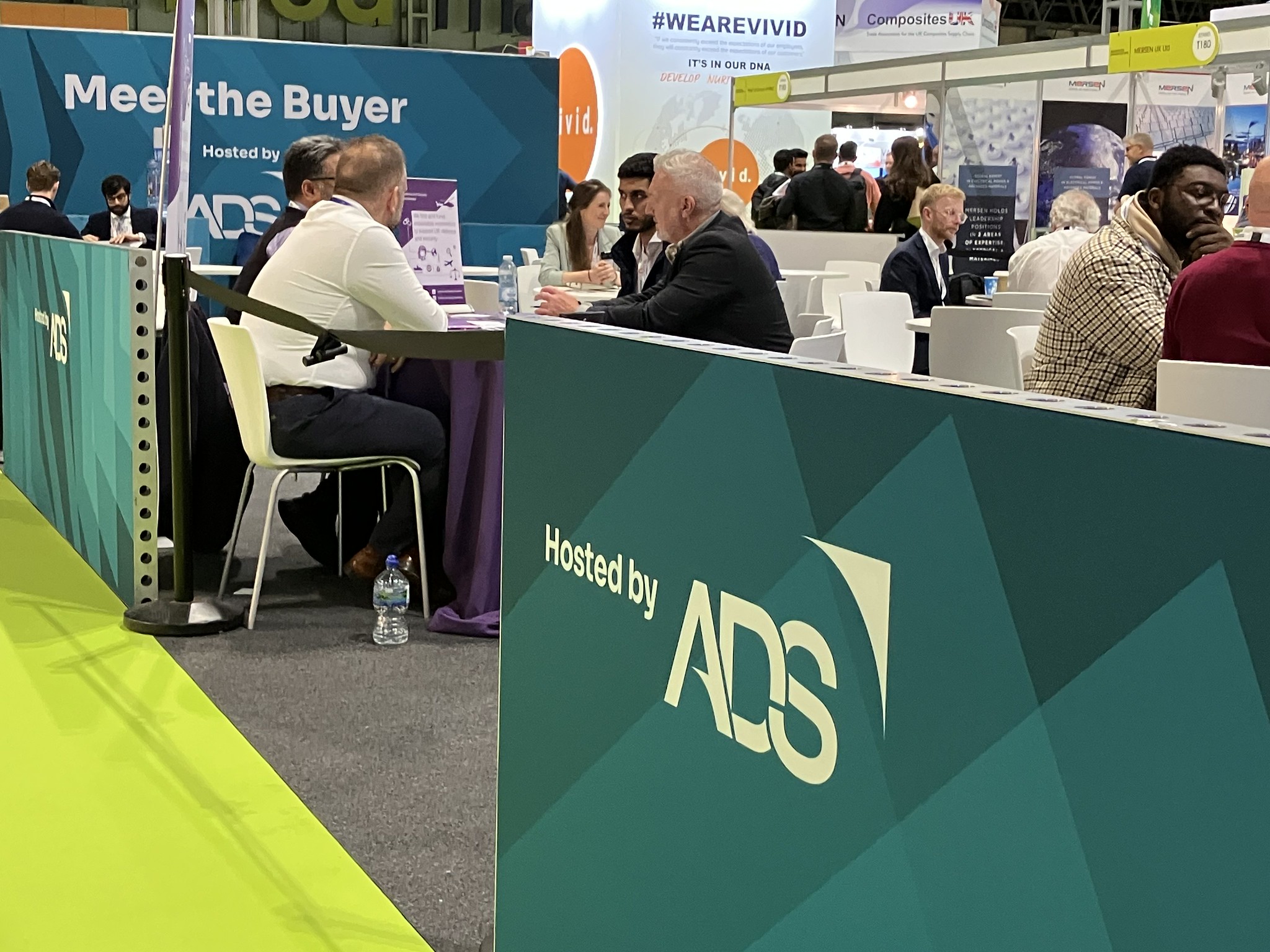
Today the House of Commons Treasury Committee published a new report on transitional arrangements for the UK’s exit from the European Union.
The Committee unanimously called for a ‘standstill’ transition, in line with the ADS position in favour of a status quo transition, giving businesses certainty over arrangements and meaning they need only make one transition, at the end of this period.
In the report, the Committee calls for a transitional deal between the UK and the EU27 to be simple enough to “negotiate within a matter of weeks”. The report has been released on the first day of the December European Council meeting where leaders of the EU27 are to formally decide whether to accept the European Commission’s draft guidelines that sufficient progress has been made in Brexit negotiations to move onto the second phase of negotiations.
The report highlights aerospace priorities including the important role of the European Aviation Safety Agency in facilitating market access through the type certification of aircraft, engines and parts.
The report also outlined:
- The Committee’s support of a time-limited arrangement to ensure that “the same common rules of trade should continue to apply in the UK and the EU as existed at the point of the UK’s formal exit.”
- A proposal that for certain sectors a ‘standstill’ transition period would have to be followed by an adaptation period, once the terms of the future relationship become clearer.
- The Committee’s support for the Government’s objective to maintain “the freest and most frictionless trade possible”, but considers it “very challenging” for the terms of the “bespoke” free trade agreement envisaged by the Government to be fully agreed during the Article 50 process.
- Two reasonable ways of giving effect to a ‘standstill’ transition:
- By appending relevant Treaty provisions to the Withdrawal Agreement,
- By specifying in the Withdrawal Agreement which Treaty provisions will continue to apply
- Transitional arrangements would exist to allow preparation for the UK’s future outside the EU. Nothing in the Withdrawal Agreement should prevent the UK from starting the process of establishing independent trade relationships during the transition period.
Commenting on the report’s release, Rt Hon. Nicky Morgan MP, Chair of the Treasury Committee said:
“The consequences of failing to reach an agreement are dramatic and damaging. Many businesses will begin to prepare for a ‘no deal’ outcome – moving jobs and activity and incurring potentially unnecessary expenditure – early next year. Transitional arrangements must, therefore, be straightforward enough to negotiate in a matter of weeks.
“Speed is of the essence. Delays to agreements caused by arguments over arcane points of principle could damage the economy. The Government should be prepared to accept the terms on which transition is offered by the EU27.”
ADS has outlined to Brexit negotiators David Davis and Michel Barnier that the concerns of the aerospace, defence, security and space sectors are growing more pressing as the UK’s exit from the EU draws closer. ADS believes that to ensure a smooth transition, the status quo must be preserved by retaining the UK’s Member State status during this period, providing certainty that all existing agreements and commitments will continue to apply in full, and giving time for the full negotiation and agreement of an ambitious deal.
Paul Everitt, Chief Executive of ADS Group, said in a letter to Michel Barnier and David Davis in November:
“In the absence of certainty, companies will be forced to make investment decisions in the coming months based on the worst-case scenario. This does not benefit the UK or the EU27. ADS urges both parties to agree in December’s European Council meeting to guarantee a transitional period for as long as necessary and to maintain the status quo for businesses in the UK and EU27 by retaining the UK’s Member State status during this transition period.”
To view in full the ADS letter to David Davis and Michel Barnier, click here.
To read the Treasury Committee’s report, click here.





